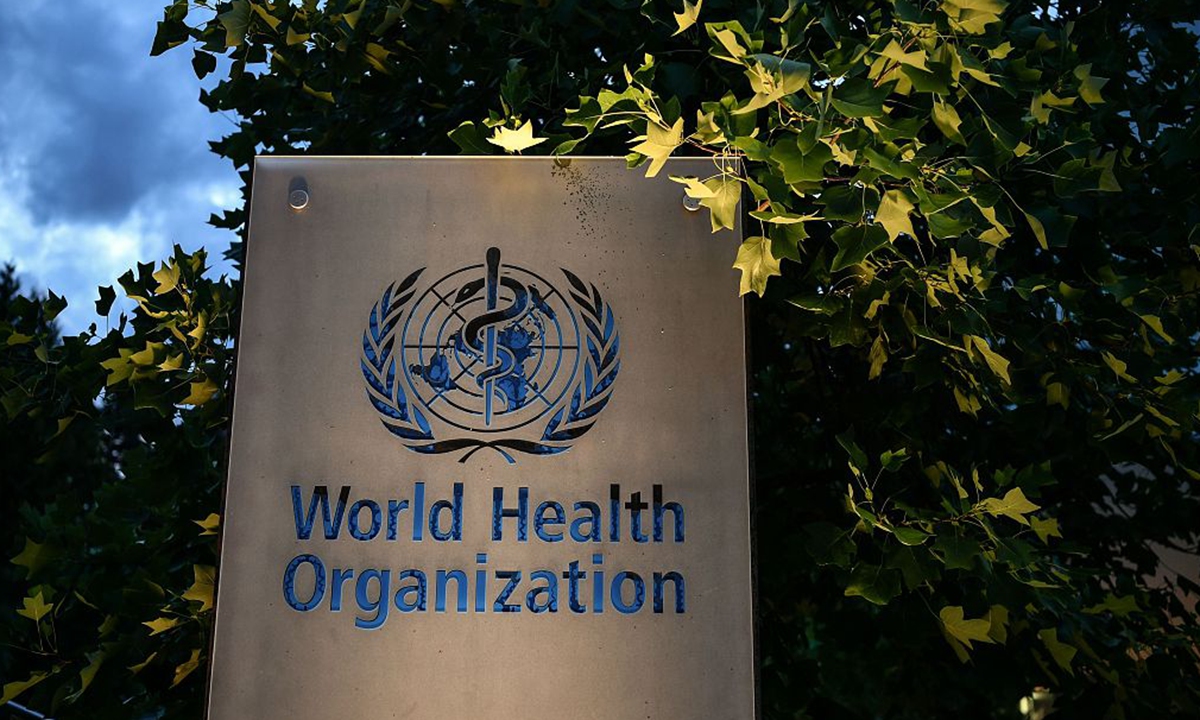
WHO Photo:VCG
A senior official at the World Health Organization (WHO) on Friday thanked China for its cooperation in carrying out the WHO-led global investigation into the origin of the novel coronavirus, while stressing that the probe is complex and difficult to reach final answer.
WHO experts have arrived in Wuhan, Central China’s Hubei Province, and will work with the Chinese team to try to find out the scientific answers to the origin of the coronavirus, Michael Ryan, executive director of the WHO Health Emergencies Programme, said at a Friday press conference.
“We do thank our colleagues in China for working with us to achieve this. These things are not easy to achieve... there is no guarantee for answers. We see the same in previous epidemic emergencies. It is a difficult task to fully establish the origins,” Ryan said, noting that sometimes, it will take various attempts.
An expert team from the WHO arrived in Wuhan on Thursday and checked into their designated hotel for quarantine, Chinese Foreign Ministry spokesperson Zhao Lijian confirmed at media briefing on Friday.
According to Ryan, WHO Director-General Tedros Adhanom Ghebreyesus discussed investigation into the origin of the virus as early as February 2020 during his visit to China. An advance team of WHO experts also visited China in July 2020 to set up the tasks for the probe mission.
Maria Van Kerkhove, the WHO’s technical lead on COVID-19, said at the same press conference on Friday that the world may never find “patient zero,” which was usually used to indicate the initial case.
Yang Zhanqiu, a virologist from Wuhan University, agreed with Kerkhove, but he noted that despite this, the epidemiological investigation into the first ten cases still could help to figure out how the virus transmitted and even where it came from.
For example, the epidemiological investigation can show whether these people have traveled overseas. If so, it may be possible that they got infected during their overseas trip and an investigation into the destination of their travels should be followed up, Yang explained.
